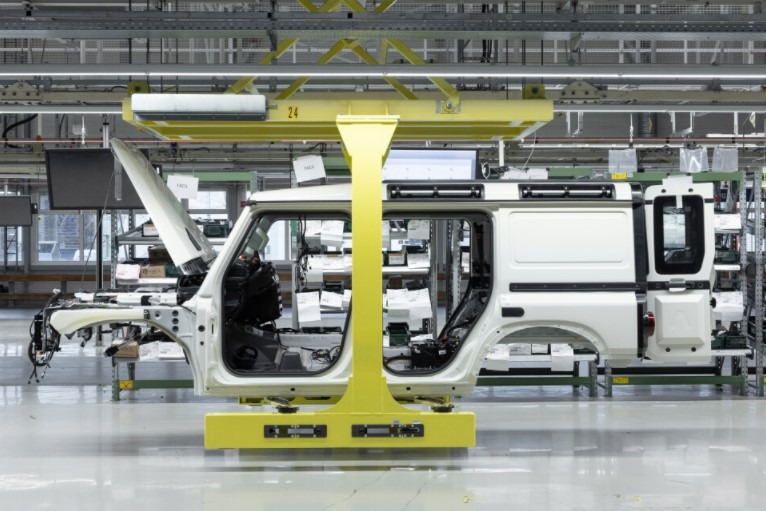Automotive supplier Bosch to expand German chip production
25 February 2022

Technology group Bosch will pour an additional €250 million in extending chip production at its wafer fabrication plant in Reutlingen, Germany. As one of the world’s biggest automotive suppliers, the company has been manufacturing semiconductors for more than 60 years, with the latest investment intended to combat the global chip shortage.
The tech giant wants to build new production space and other facilities between now and 2025, with the company hoping to meet growing demand for chips used in automotive mobility and IoT applications. The extension in Reutlingen will create 3,600 square meters of modern clean-room space, with the new production area to commence operations in 2025. Bosch said this additional capacity will help develop semiconductors based on technology already in place.
‘We are systematically expanding our manufacturing capacity for semiconductors in Reutlingen,’ said Stefan Hartung, Bosch chairman of the board of management. ‘This new investment will not only strengthen our competitive position but will also benefit our customers and help combat the crisis in the semiconductor supply chain.’
Consolidation
Back in October, Bosch announced it would spend over €400 million in its Dresden and Reutlingen plants in Germany, with operations in Penang, Malaysia, also slated to receive a boost. Around €50 million of this sum has been earmarked for the wafer fab in Reutlingen, where Bosch employs around 8,000 associates. The company said the further expansion of the site will supplement these previously announced measures.
Demand for semiconductors has gone through the roof, with worldwide bottlenecks affecting not only car production but also a range of electronics. Bosch has been making chips at Reutlingen for more than 50 years, primarily for automotive applications and consumer electronics. The further expansion of the Reutlingen site will serve demand in these sectors, as well as for silicon-carbide power semiconductors.
‘Bosch is already a leading chip manufacturer for automotive applications, and this is a position we intend to consolidate,’ said Markus Heyn, Bosch member of the board of management.
Better chips
The company has stepped up its efforts to cement its market position. It is developing chips made of silicon carbide that are poised to play a major role in electromobility. At the moment, Bosch is the only automotive supplier to manufacture power semiconductors made of silicon carbide, which it says will bring about a more energy-efficient and sustainable economy.
Silicon carbide semiconductors display improved electrical conductivity, ensuring less energy is dissipated. They also operate at higher temperatures, resulting in simpler cooling systems to help save energy. Their higher electric-field strength means components made of this material can be smaller in design. The market for these chips is expected to grow on average by 30% a year to $2.5 billion (€2.2 billion) between now and 2025.
Bosch prides itself on what it calls state-of the-art semiconductor manufacturing. Its Reutlingen wafer fabs use 150- and 200-millimeter technology, employing manufacturing methods based on data-driven processes. ‘AI methods combined with connectivity have helped us achieve continuous, data-driven improvement in manufacturing and thereby produce better and better chips,’ added Heyn. Bosch said it is using AI to enhance materials flows, with the Reutlingen site using a high level of automation that helps to make it future-proof and safeguard jobs.



